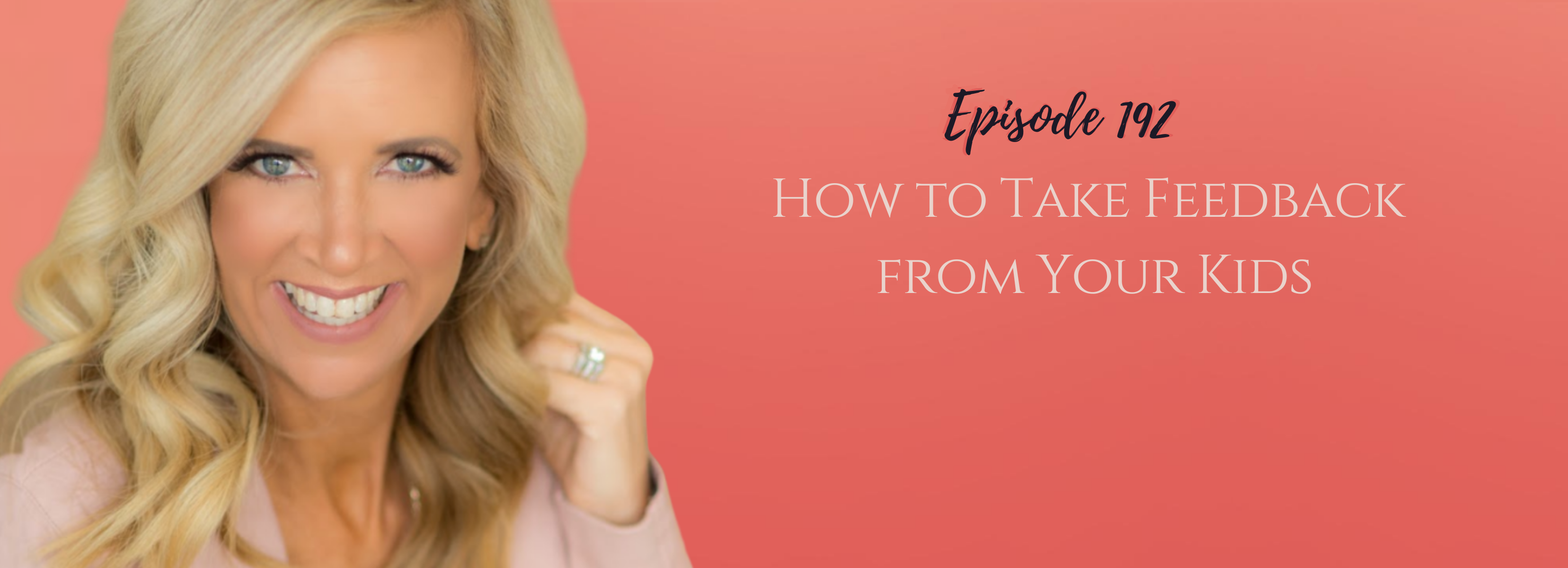
How to Take Feedback from Your Kids| 12.21.2022
In this episode, Kristen talks about getting feedback from your kids (no matter their ages) as a parent, some personal examples of getting feedback and why it’s one of the most important elements in parenting.
You'll Learn
- How to handle kid's feedback to you without getting defensive
- Open and closed systems in the Family
- Why feedback is important and what are its benefits
Resources
How Defensiveness Impacts Connections & Destroys Relationships
Easy to Love, Difficult to Discipline
For counseling services near Indianapolis, IN, visit www.pathwaystohealingcounseling.com.
Subscribe and Get a free 5-day journal at www.kristendboice.com/freeresources to begin closing the chapter on what doesn’t serve you and open the door to the real you.
Subscribe to the Close the Chapter YouTube Channel
This information is being provided to you for educational and informational purposes only. It is being provided to you to educate you about ideas on stress management and as a self-help tool for your own use. It is not psychotherapy/counseling in any form.